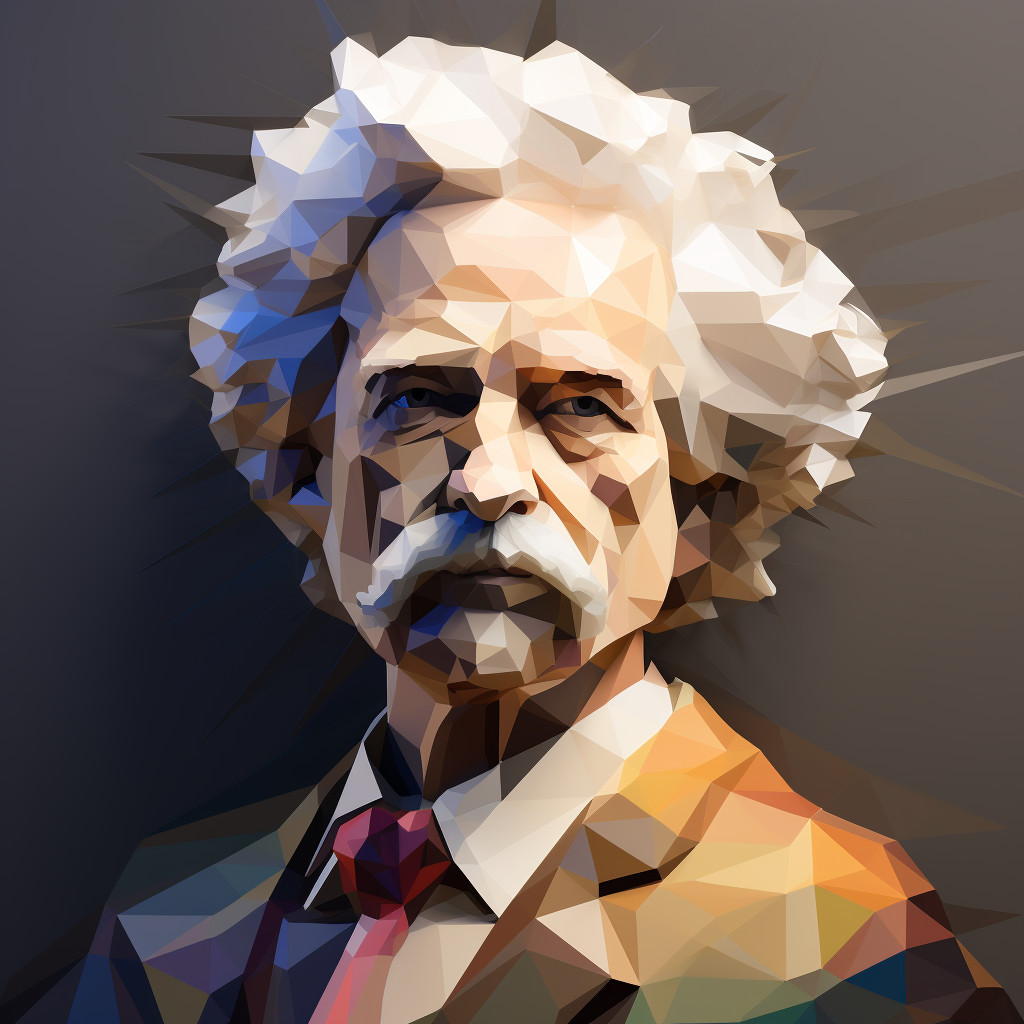This quote suggests that an honest individual in the realm of politics stands out more than they would in any other field. It implies that politics is often associated with dishonesty, manipulation, and deceit, making honesty a rare and therefore more noticeable trait. When an honest person enters politics, they shine brighter because their integrity contrasts with the often murky political landscape.
The quote also implies that honesty is not just about telling the truth, but also about acting with integrity, fairness, and respect for others. It’s about being transparent, accountable, and reliable. In politics, these traits are not only rare but also highly valued because they can help build trust, facilitate constructive dialogue, and promote effective governance.
In today’s world, this idea is highly relevant. In an era where misinformation and fake news are rampant, honesty in politics is more important than ever. Honest politicians can help counteract this trend by being transparent about their policies and actions, and by holding themselves accountable for their mistakes.
In terms of personal development, the quote suggests that honesty is a trait that can help individuals stand out in any field, not just politics. It encourages individuals to be honest and act with integrity, even when it’s difficult or unpopular to do so. By doing this, they can distinguish themselves from others and become more respected and influential in their personal and professional lives.
Moreover, the quote also hints at the transformative power of honesty. By being honest, individuals can not only change how they are perceived by others, but also how they perceive themselves. They can gain self-confidence, self-respect, and a sense of purpose. In this way, honesty can serve as a powerful tool for personal growth and self-improvement.




